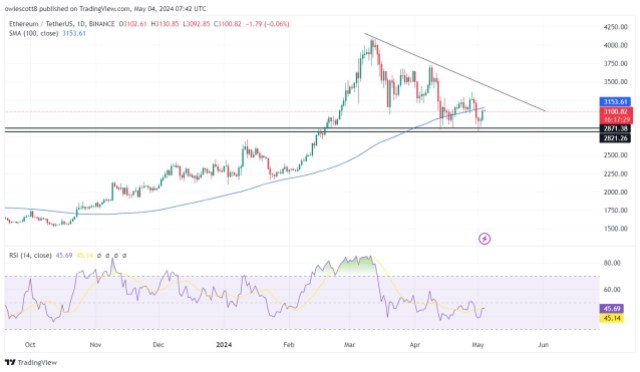Lazarus On the Hunt: How North Korean Hackers are Targeting Crypto via LinkedIn
The notorious Lazarus Group, a cybercriminal organization believed to be backed by North Korea, has emerged with a new attack strategy targeting unsuspecting companies on LinkedIn, a popular professional networking platform. This development raises concerns about the evolving tactics of cybercriminals and the increasing difficulty for businesses to distinguish legitimate job seekers from malicious actors.
Lazarus on LinkedIn: A Sophisticated Social Engineering Scheme
Lazarus Group is impersonating highly skilled developers on LinkedIn, specifically those with expertise in blockchain and React technologies. These cybercriminals approach targeted organizations, posing as enthusiastic candidates eager to contribute to their projects. Once communication is established, they coax their targets into reviewing supposedly impressive coding samples.
#Lazarus #APT The Lazarus group appears to be currently reaching out to targets via LinkedIn and steal employee privileges or assets through malware. #Lazarus #APT Lazarus 组织目前正通过 LinkedIn 联系加密货币行业的目标,并通过恶意软件窃取员工权限或资产。🧐
— 23pds (@im23pds) April 24, 2024
Unbeknownst to the victims, these code repositories, often hosted on platforms like GitHub, contain malicious snippets designed to infiltrate the target’s computer network. Once executed, these snippets trigger a series of events that compromise the integrity of the network, potentially granting unauthorized access to sensitive financial information and valuable cryptocurrency assets.
The Dangers of Backdoor Access: Financial Losses and Reputational Damage
The consequences of such breaches can be devastating. By exploiting vulnerabilities within corporate networks, Lazarus Group gains a persistent backdoor entry, allowing them to exploit valuable resources at will.
This can lead to significant financial losses for organizations, not only through stolen assets but also due to the cost of incident response and potential regulatory fines. Additionally, data breaches can severely damage an organization’s reputation, eroding customer trust and hindering future business prospects.
The Evolving Threat Landscape: Why Traditional Measures Aren’t Enough
The Lazarus Group’s exploitation of LinkedIn highlights a critical challenge for cybersecurity professionals. Traditional security measures designed to identify suspicious network activity or malware may not be enough to stop these cunning attacks.
By infiltrating a trusted platform like LinkedIn, Lazarus Group establishes a facade of legitimacy, making it extremely difficult for organizations to discern genuine candidates from malicious actors. This social engineering approach leverages the inherent trust people place in professional networking platforms, creating a vulnerability that traditional cybersecurity solutions may struggle to address.
The Need for Vigilance and Proactive Measures
The Lazarus Group’s latest campaign serves as a stark reminder of the ever-present threat posed by cybercriminals. Businesses and individuals alike must remain vigilant and adopt a proactive approach to cybersecurity. Organizations should implement robust security protocols, including regularly updating software, conducting employee training on cybersecurity best practices, and employing comprehensive threat intelligence monitoring tools. Furthermore, security experts recommend fostering a culture of cybersecurity awareness within organizations, empowering employees to identify and report suspicious activity.
Collaboration is Key: A Call for Collective Action
Combatting the evolving tactics of cybercriminals necessitates a collaborative effort. Social media platforms like LinkedIn have a responsibility to implement stricter measures to detect and prevent malicious activity on their platforms. Industry-wide collaboration and information sharing between cybersecurity firms and organizations can play a crucial role in identifying emerging threats and developing effective countermeasures. By working together, we can build a more secure digital landscape and stay one step ahead of the adversaries lurking in the shadows of the online world.

